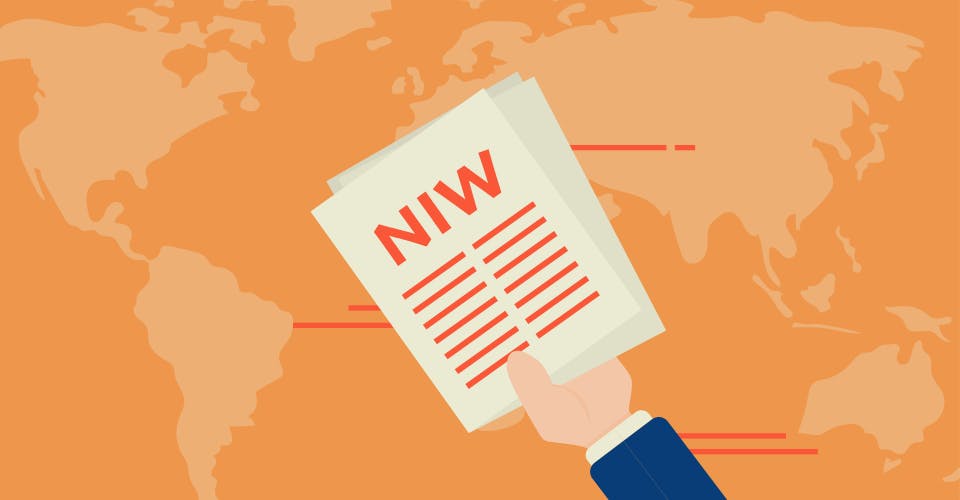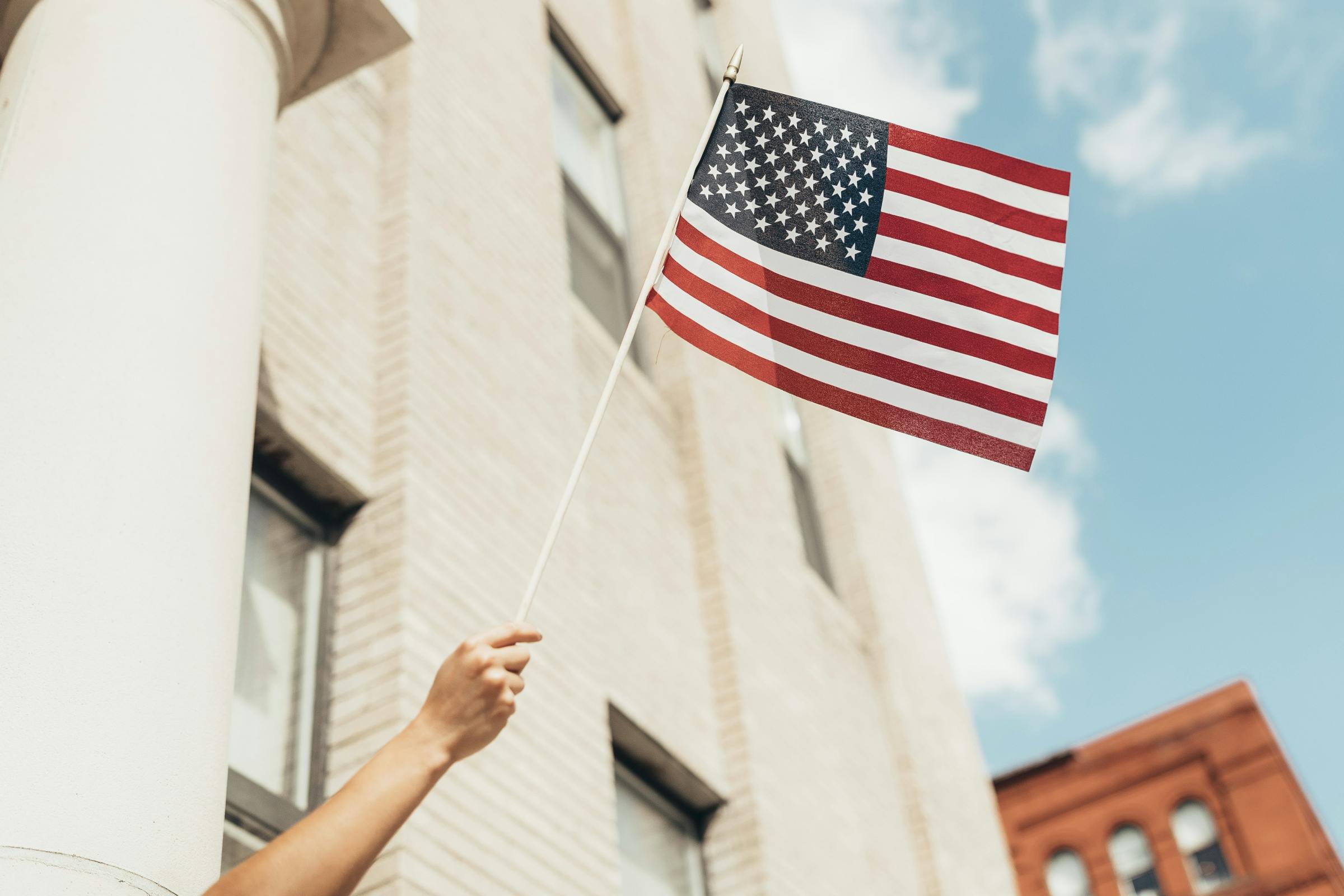Many of the immigration blogs online simply talk about the process of how to get your National Interest Waiver (NIW) accepted and the important application materials you will need to submit to the USCIS. This can leave some potential applicants frustrated if they aren’t able to read about the actual filing process for foreign nationals who aren’t living domestically in the United States and want to file for an NIW.
This blog is therefore dedicated to better understanding the filing procedure for NIW applicants from abroad. We will cover how this type of special application works, and what to expect from your consular office along the way.
First Steps: The Self-Petition
One of the confusing aspects of the NIW application is that even though you are self-petitioning to the USCIS on the basis of establishing eligibility for being an exceptional professional in your field, you are still filing an I-140 no matter what. In other words, the I-140 document is a USCIS document that is usually filled out by an employer who is wishing to sponsor an alien to work in the United States, but in this case, you are filing the I-140 by yourself, without an employment sponsor.
There is no regulation preventing foreign nationals from filing an I-140 with the USCIS, however, sending the I-140 self-petition by mail from overseas requires that you have a trusted service provider who will make sure the package reaches its destination at a USCIS lockbox in the United States. In addition, you might have read online that you can file the I-140 self-petition electronically. Please discard this information as the I-140 is not available for electronic filing yet. For proof of this, you can visit the USCIS website where they list all forms that are available for online filing: https://www.uscis.gov/news/news-releases/uscis-makes-another-form-available-for-online-filing
Since the NIW applicant is filing the I-140 by itself, and not with an I-485 application, they need to follow the direct filing addresses provided by the USCIS, available here: https://www.uscis.gov/i-140-addresses
Second Steps: Obtaining Letters of Recommendation
Obtaining letters from recommenders to attach to your NIW application is easier to do for applicants who are based domestically in the United States. This is not simply because of the logistics of mailing (a recommender can send you a copy of their letter via email), but because you cannot go directly to recommenders' offices, if they are based in the United States, and talk to them about the letter. In other words, recommenders might be more passionate if they are already in your immediate network in the U.S., and you see them frequently. Applicants applying from abroad should expect lags or delays as their recommender develops a case for their letter they are writing.
The NVC and Consular Processing
When an I-140 is approved by the USCIS (no matter if it’s from an employer or self-petition) the USCIS is obligated by law to send that approved case to the National Visa Center (NVC) if the applicant is not in the United States. From this point, applicants need to be aware of the Visa Bulletin if they are applying for an EB-2 NIW. That means they should check the State Department’s bulletin to see if they have a “Current” date, to better understand when they will have a date for filing their consular documents.
A link to the Visa Bulletin is provided here: https://travel.state.gov/content/travel/en/legal/visa-law0/visa-bulletin.html
Consular Interview and Travelling to the U.S.
Foreign NIW applicants need to be aware of admissibility requirements before they can travel to the United States. The same rules apply in terms of U.S. immigration law and the following is checked before an immigrant can enter the U.S. with legal status:
- The Biometrics appointment has verified that the intending immigrant has no criminal record or other convictions/EWIs that would make them inadmissible to the U.S.
- The applicant has paid all of their consular and NIW fees associated with the application process
- The applicant has undergone a medical examination and is otherwise admissible to the U.S. based on their health and vaccine status
- The applicant has successfully brought all of their necessary materials to a U.S. consulate interview and has passed the interview stage
- The applicant has abided by current international travel guidelines and has presented an international carrier (airline) with a negative Covid-19 test within a 3-day time frame of boarding an international flight to the United States (per current State CDC policy)
Once the above conditions have been satisfied, the intending immigrant will be issued a visa to travel to the United States where they will meet one more time for inspection in front of a U.S. Border Patrol agent. The CBP officer has the ultimate discretion of admitting the immigrant into the United States based on their NIW status. If the applicant has already filed an I-485, they will be mailed their green card to the U.S. address they provide.














